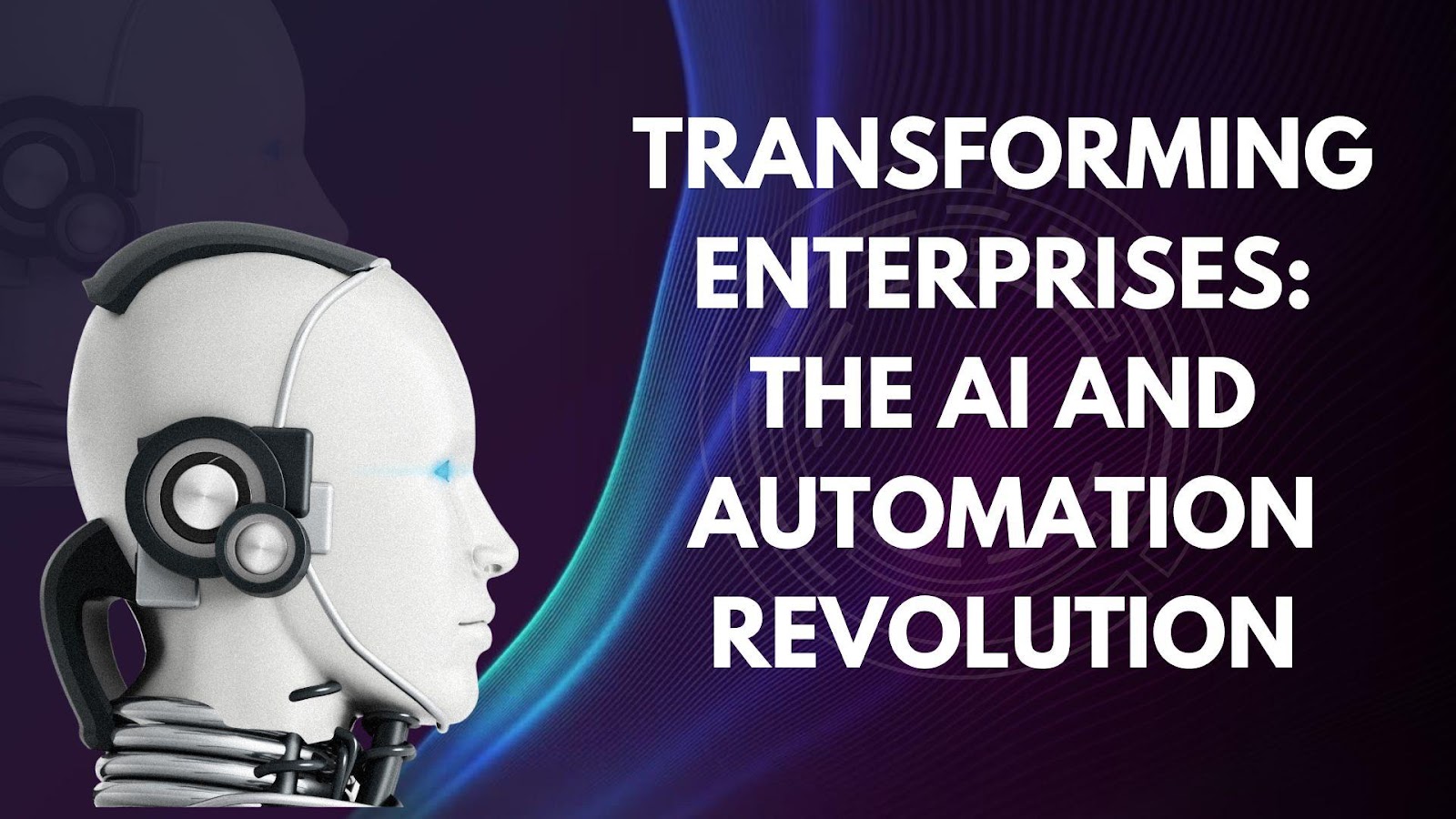Innovation is redefining the technological landscape, and at the forefront of this transformation are artificial intelligence (AI) and machine learning (ML). In his in-depth analysis, Varun Narayan Bhat explores how these emerging technologies are reshaping enterprise operations, driving efficiency, and enhancing decision-making processes. This article delves into the key innovations discussed in his work and examines the critical role of AI and automation in digital transformation.
The Power of Predictive Analytics
Predictive analytics, powered by AI and ML, has become a game-changer for enterprises seeking to optimize their operations. By analyzing historical data and identifying patterns, businesses can forecast trends, streamline processes, and anticipate customer needs with remarkable accuracy. The integration of predictive models has significantly improved decision-making, reducing inefficiencies and increasing responsiveness to market changes. Organizations leveraging AI-driven analytics have reported substantial enhancements in operational efficiency and resource allocation.
Intelligent Automation in Workflow Management
Automation has long been a cornerstone of digital transformation, but AI-powered automation is taking operational excellence to new heights. Intelligent systems are now capable of managing workflows, reducing human intervention, and minimizing errors. Automated workflows have led to notable improvements in process standardization and operational consistency. Businesses implementing AI-driven process optimization have experienced significant reductions in operational overhead, enabling them to allocate resources more effectively and enhance productivity.
Strategic Decision-Making with AI
AI-driven decision support systems are revolutionizing enterprise strategy by providing real-time insights and data-driven recommendations. These systems enhance strategic planning accuracy, improve risk assessment, and optimize resource allocation. By incorporating AI into their decision-making frameworks, organizations can respond more effectively to market dynamics and gain a competitive edge. The adoption of AI-powered strategic tools has been linked to improved project success rates and enhanced business forecasting capabilities.
Furthermore, these intelligent systems facilitate cross-functional collaboration by creating a unified data environment where stakeholders across departments can access consistent information. The democratization of complex analytics enables more inclusive decision-making processes while maintaining analytical rigor. As AI capabilities advance, organizations implementing these systems report significant improvements in operational efficiency and customer satisfaction metrics.
Enhancing IT Service Management
The integration of AI into IT service management has transformed how enterprises handle system maintenance, troubleshooting, and customer support. Automated service management solutions have significantly reduced response times, improved first-time resolution rates, and increased overall service efficiency. AI-powered service desks and incident management systems are streamlining IT operations, reducing downtime.
Cloud Optimization Through AI
Cloud computing is now essential for enterprise operations, and AI is optimizing resource utilization more effectively than ever. Automated scaling, intelligent provisioning, and AI-driven performance optimization are reducing infrastructure costs while improving efficiency. AI-powered cloud management solutions are enhancing capacity planning accuracy, enabling organizations to scale seamlessly while minimizing expenses. As enterprises continue to migrate to cloud-based ecosystems, AI-driven automation is proving to be a crucial factor in maintaining operational resilience.
Addressing Implementation Challenges
Despite the undeniable benefits of AI and automation, enterprises face several challenges in implementation. Data integration, workforce alignment, and ethical AI deployment are among the key concerns. Many organizations struggle with system compatibility and data migration issues during AI integration. To overcome these hurdles, structured risk assessment frameworks and AI-supported risk management tools are becoming essential. Proactive monitoring systems and robust change management strategies are also crucial in ensuring seamless adoption.
The Future of AI in Enterprises
Looking ahead, AI and ML adoption in enterprises is expected to grow exponentially. Emerging trends such as explainable AI, edge computing, and hyper-automation are set to redefine the digital landscape. Enterprises that align AI strategies with long-term business goals will be better positioned to drive innovation and stay competitive. The evolution of AI-driven automation will continue to enhance efficiency, improve customer experiences.
In conclusion, as Varun Narayan Bhat emphasizes, AI and automation are no longer optional investments but strategic imperatives for enterprises seeking sustained growth. Organizations that effectively integrate AI into their operations will reap substantial benefits in efficiency, decision-making, and market adaptability. The future of digital transformation is being shaped by intelligent technologies, and businesses that embrace this evolution will lead the way in the rapidly evolving digital economy.



































